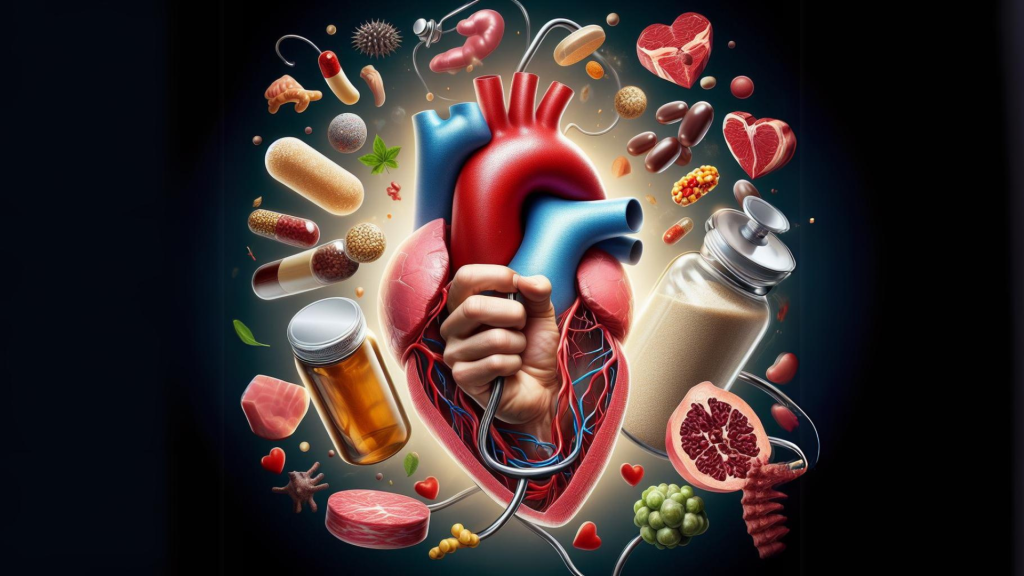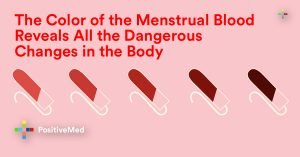
Recent research suggests a complex relationship between protein intake and cardiovascular health, particularly concerning atherosclerosis. While protein is essential for overall health, exceeding recommended levels may pose risks to heart health. This article explores findings from a study conducted at the University of Pittsburgh, shedding light on the impact of high-protein diets on atherosclerosis and cardiovascular disease risk.
1. Study Insights: Unveiling the Protein-Heart Health Connection
1.1 Study Design:
Utilized human trials, mouse experiments, and cell studies to assess the effects of high protein intake on atherosclerosis.
Human trials involved liquid meal interventions with standard and high protein content, revealing leucine’s role in atherosclerosis development.
1.2 Key Findings:
Consumption of more than 22% of daily calories from protein correlated with increased leucine levels, activating pathways associated with atherosclerosis.
Mice fed high protein diets exhibited similar cardiovascular risks, reinforcing human study results.
2. Implications for Dietary Guidelines: Redefining Protein Recommendations
2.1 Cautionary Approach to High Protein Diets:
High protein diets, popular for weight loss and muscle gain, may exacerbate cardiovascular risks.
Recommendations advise revising dietary guidelines to address potential health implications.
2.2 Optimal Protein Intake:
Current recommendations suggest protein intake of approximately 11% of daily energy requirements.
Exceeding 22% of daily calories from protein may elevate cardiovascular disease risk.
3. Contrasting Perspectives: Debating Protein’s Role in Heart Health
3.1 Differing Study Conclusions:
Varied study outcomes prompt debates within the medical community regarding high protein diets’ cardiovascular effects.
While some studies affirm risks associated with elevated protein intake, others report conflicting findings.
3.2 Clinical Insights:
Cardiologists advocate for plant-based diets over high protein regimens to mitigate cardiovascular risks.
Emphasizing the importance of balanced nutrition, experts caution against excessive protein consumption.
4. Practical Dietary Guidance: Navigating Protein Consumption for Heart Health
4.1 Individualized Protein Targets:
Consulting a dietitian aids in determining personalized protein needs based on individual health profiles.
Aiming for balanced protein intake (20-30 grams per meal) supports muscle synthesis and overall health.
4.2 Embracing Plant-Based Proteins:
Incorporating plant protein sources (e.g., nuts, seeds, legumes) offers heart-healthy alternatives to animal-derived proteins.
Plant proteins provide antioxidants and fiber, mitigating inflammation and reducing cardiovascular risk.
Navigating the complex interplay between protein intake and cardiovascular health requires a nuanced approach. While protein is essential for bodily functions, excessive consumption may compromise heart health. By reevaluating dietary guidelines and embracing plant-based protein sources, individuals can safeguard cardiovascular wellness while meeting their nutritional needs. Consulting healthcare professionals and dietitians empowers individuals to make informed dietary choices, fostering long-term heart health and overall well-being.





